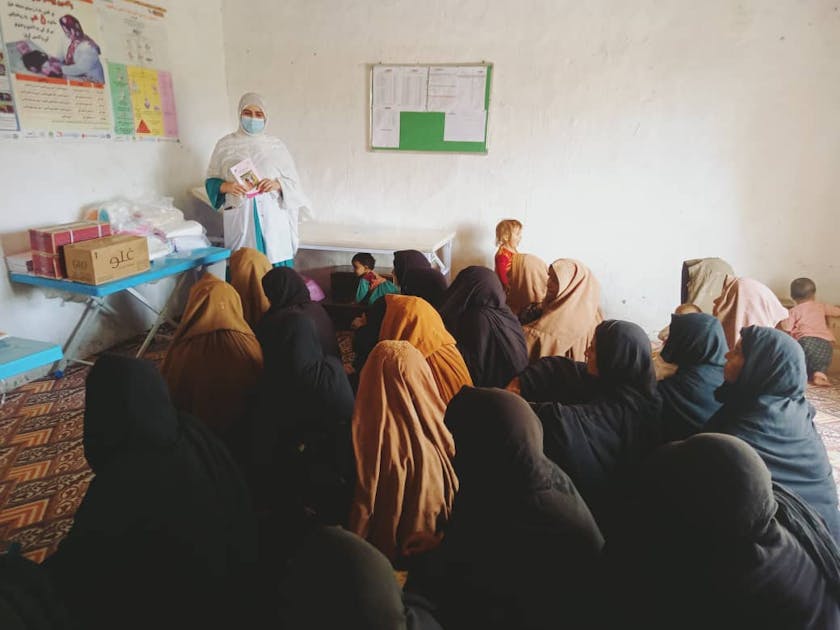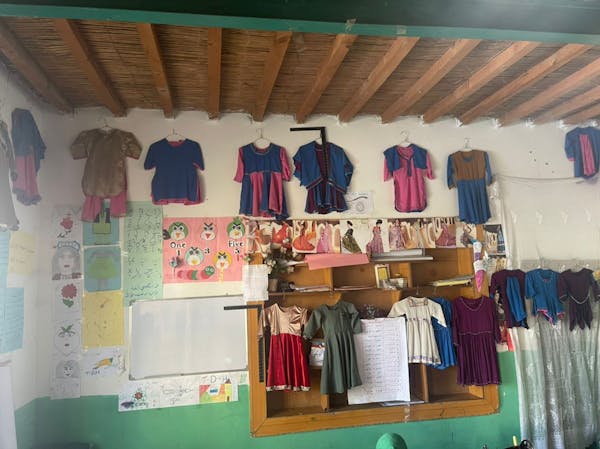Afghanistan

Conflict, poverty, and climate
Afghanistan continues to suffer the consequences of four decades of conflict, poverty, climate-induced crises, and barriers to women’s equality. 23.7 million people are in need of humanitarian assistance, including 12.3 million children. With their families lacking stable livelihoods, they are at high risk of child labour, early marriage and school drop out.
Our work in Afghanistan
Terre des Hommes has a long presence in Afghanistan, specifically since 2017, helping vulnerable families and their children, working together with our sister organisations and local partners.
Due to financial problems, lack of job opportunities and poverty, many families are not able to meet their basic needs, like food, clothing and education. That is why we provide families with cash so that they independently choose what their priorities are, and be able to afford it, without putting their children at risk.
After the earthquake in 2023, whole villages have been wiped out, hospitals collapsed, people lost everything and children had their lives disrupted. That is why we provided vulnerable families with cash, blankets and other winter items, and safe places for children to recover and play.
Health
Many Afghans don’t have proper access to health services. Sometimes due to the high cost of care, lack of transportation, and/or long distance to health facilities. Many women are not able to have reproductive care, natal care for themselves and their newborns, because they either are not able to move freely or there is no available service nearby.
In our project, we provide healthcare to vulnerable families, in particular to women, including pre-natal and post-natal care to pregnant women and nutrition for both the women and children. For those who cannot access the centers, the health teams visit them at home.
We also have health education and child rights awareness sessions to women and adolescent girls in safe spaces.


Supporting Youth
Women and girls in Afghanistan continue to face heightened protection needs as a result of policies that restrict their movement and limit their involvement in life outside the home. Boys on the other hand, often don’t attend school, because they needed to help earn money for the family and are at risk of child labour as well as exploitation.
That is why in our current project we provide adolescents and young adults with vocational training, such as embroidery, tailoring, mobile repairing. Families also receive financial support so that they can buy tools or open a shop, and become better able to support their household.